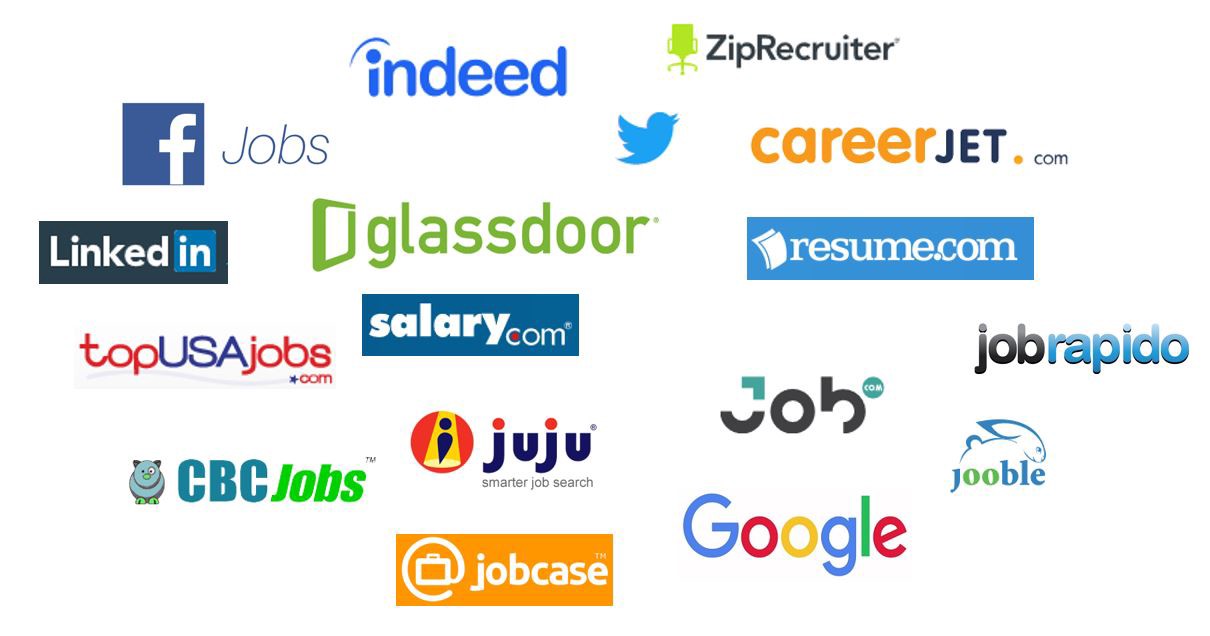Anúncios
As workers prepare to say goodbye to 2023 and its notable workplace trends, here are the trends some workplace experts expect to see in 2024.
The Return-to-Office Battle Will Continue
Employers mandating a return to office, or RTO, will continue into 2024. But this push didn’t work well for everyone in 2023, and those troubles are expected to continue in the new year.
Some issues behind the troubles have included mandates being too strict along with a lack of data to back them up, employees feeling like they aren’t being heard or respected, and in-office attendance being directly tied to performance reviews.
A trend to watch in 2024 relates to how companies will address the main challenges they’ve faced so far with office return policies, said Larry Gadea, CEO of the workplace platform Envoy, in an email.
Additionally, companies may continue going back and forth about return-to-office mandates, said Christie Lindor, founder of Tessi Consulting and lecturer at Bentley University, in an email.
“We are seeing that certain industries are sticking to hybrid environments, but a lot of organizations are stepping back from what they committed to,” Lindor said. “This poses a problem for many workers. Some people sold their house, moved remotely and are being told if they don’t return, they won’t have a job.”
Lindor added, “We are going to continue to see a return-to-office battle for the next couple years.”
Flexibility Will Continue to Be Key
The workplace will continue to see a strong appetite for part-time schedules from both employees and employers, said Amy Glaser, senior vice president at Adecco, a provider of recruitment and workforce solutions, in an email.
“For desk workers, employers will continue to offer hybrid and flexible schedules to attract and retain talent,” Glaser said. “More broadly, and in industries and roles that require boots on the ground, employers will increasingly offer more flexibility, which will help more candidates come off the sidelines and pursue part-time or secondary jobs.”
The 5-Day Workweek May Die
With so many companies allowing ongoing flexibility in work-from-home or hybrid arrangements, the number of days in the workweek will remain in flux and is projected to continue to skew toward fewer days.
“There are a lot of circumstances companies are trying to balance – many of their employees have moved far from the office, and teams are now distributed to the point where the leader may not even be in the same city,” Gadea said.
“Over time, though, we do expect companies will choose and bundle towards the polar opposites – 0 days vs. four to five days – in two to three years time, but there are a lot of organizational issues to think through.”
The DEI Conversation Will Shift
The year 2023 also saw a major shift in the diversity, equity and inclusion, or DEI, conversation that will continue into 2024, Lindor said.
Factors such as the Supreme Court’s ruling on affirmative action have many organizations redefining their DEI programs with more emphasis on “equity and inclusion” and less emphasis on equity. In her opinion, this is how things should have been all along, Lindor said.
“When you force diversity, it’s manufactured and it won’t stick,” Lindor said. “Instead, companies should lead with inclusion, creating equitable processes and designs. With that strategy, you’ll attract all types of people, increasing representation organically.”



